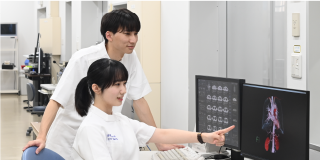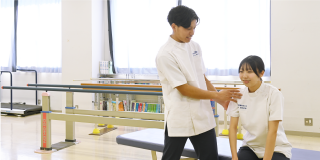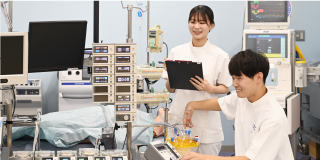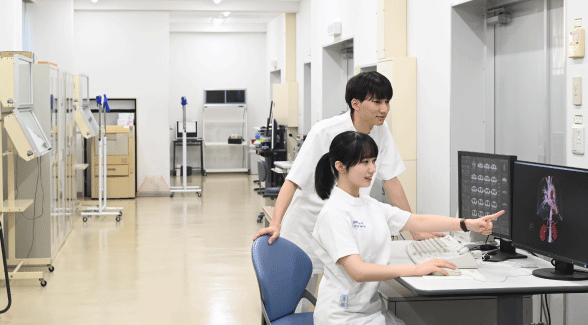
What Does a Clinical Radiologist Do?
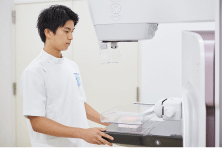
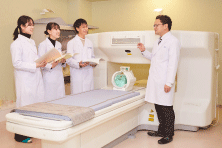
Exposing the human body to radiation is very dangerous. The atomic bombs that devastated Hiroshima and Nagasaki, and the accidents at nuclear reactors in Chernobyl and Tokaimura show how deadly radiation can be. Some professionals, however, receive training to properly irradiate other people’s bodies. These professionals are known as radiological technologists. Since their discovery by Wilhelm Röntgen about 120 years ago, X-rays have been deliberately directed at people to help diagnose illness by using X-ray photography. The year after Röntgen’s discovery, X-rays were found to be harmful to the body. This was the start of the history of X-ray damage to living people. Today, however, the same damaging properties of X-rays are applied to kill cancer cells, a practice known as radiation therapy.
Radiation can be beneficial in helping to detect illness, but can also be harmful. Recognizing this, Japan, like many countries, created a system to grant radiology licenses only to professionals who have undergone specialized training and possess expert knowledge and skills. Today, more than 40,000 licensed radiological technologists work in medical facilities throughout Japan. In the area of diagnostic imaging, technologies that do not use X-rays, such as ultrasound and magnetic resonance imaging (MRI) have now become commonplace. Due to their high skill level, radiological technologists are also permitted to use ultrasound and MRI equipment under the Japanese system.
The principal diagnostic approaches used at medical facilities include blood tests, physiological tests and imaging tests. In particular imaging tests are often used to obtain precise information about severe injury or illness. Radiological technologists are involved in all kinds of imaging testing as well as radiation therapy, which has advanced rapidly in recent years. This therapy is used to treat cancer and other conditions in cases where surgery is not viable, and its use is growing fast.

Real-World Needs
Today, the lives of many people depend on procedures that only radiological technologists can provide. Health check-ups aimed at early cancer detection, emergency medical care, and late-stage cancer treatment are just a few examples. The importance of the role and services provided by radiological technologists is growing rapidly.

About the Department of Radiological Technology
Radiological technologists provide radiological diagnostics and therapies that are essential to modern medical care. We aim to develop radiological technologists who possess cutting-edge expert knowledge and skills in step with the latest advances in medicine, as well as the ability to offer emotional support to patients.







